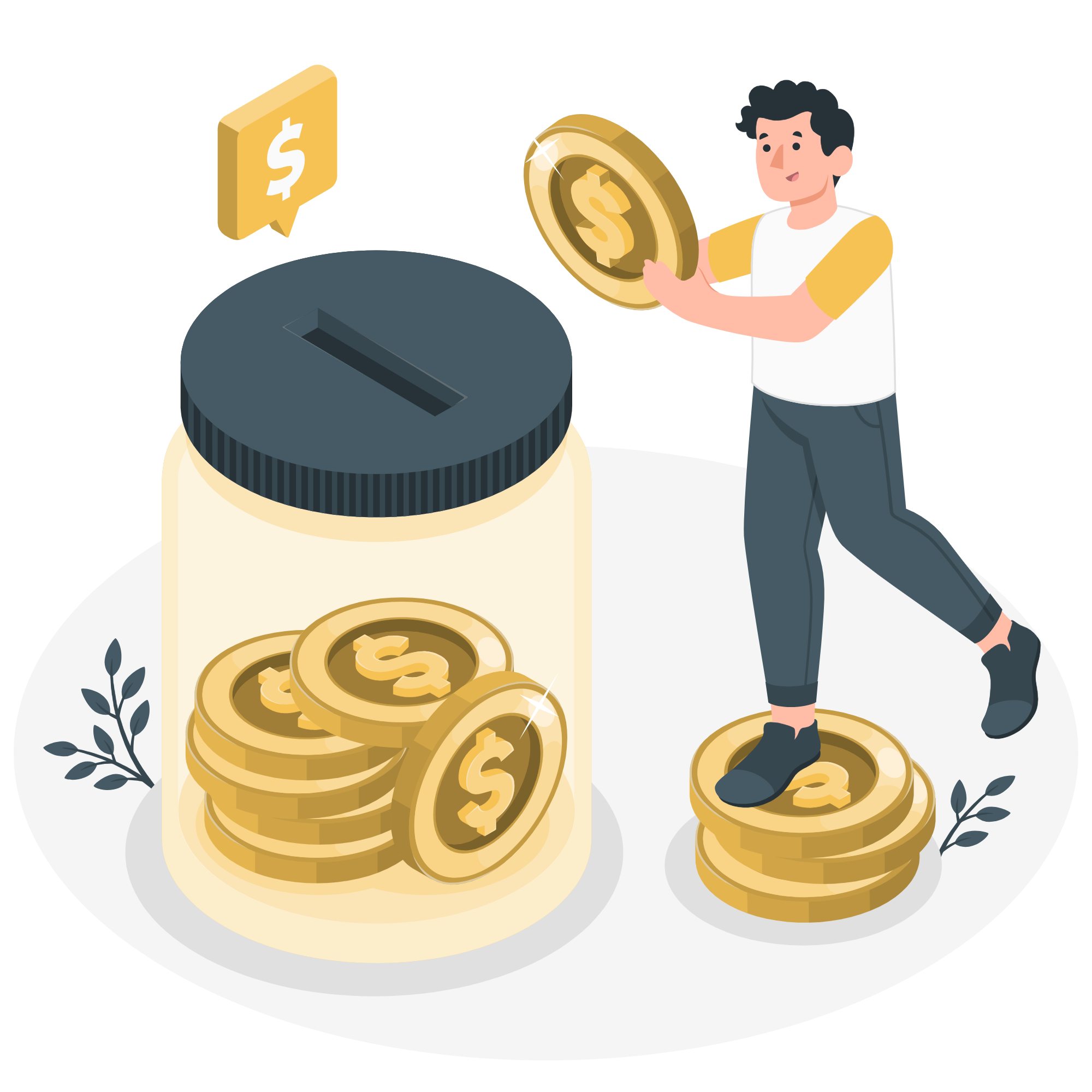Lessons From the Book: The Psychology of Money
1. What is The Psychology of Money about?
In the Psychology of Money, you would learn to have a better relationship with money and make smarter financial decisions. The book also provides insights into the investors and consumers minds. The book will show you how psychology can work for and against you. One important lesson that you would learn is to differentiate between being rich vs being wealthy.
2. What have I learnt from the Psychology of Money?
A. Modern-Day Consumerism
We like to show off our wealth, e.g. branded goods, as a way to gain admiration from others. It leads us to use our wealth to buy bigger and better stuff. For example, iPhones! Do we need to get the newest model of the iPhone every single year? Or are you after the respect or attention from your friends?
Consumerism has led to social comparisons. People like to compare themselves with others, to make themselves feel good. Honestly, the comparing game is never-ending. You have to take yourself out of the equation. You are simply wasting money to impress people you do not care about.
in my humble opinion, it is more important to see your money grow in your bank or investment account.
Do you want to look rich or be wealthy?
B. Retirement
Everyone talks about retirement, but how many of us walk the talk. I am guilty of this. I thought about my retirement plan, and I recently started to lay the foundation for my investment journey. If there is one lesson that you need to remember today, that would be to believe in the power of compounding!
C. How much is "enough"?
The hardest skill is getting the goalpost to stop moving. Why do I say that? When do you know that you are saving “enough”? What are the odds of you rejecting a higher pay or potential investment growth? Sometimes, we forget that we tend to trade in time with money. And, the time that we trade in for could potentially be used more wisely - eg. spending time with your loved ones.
Have we ever sat down and reflected on how much we need in a lifetime? For example, some people think they need 1 million dollars to retire. Have we ever calculated how much we need? Might we consider moving to another country with a lower cost of living for retirement? Once you have all of these planned out, not only will it be easier for you to calculate the amount that you need, you can spend your time more wisely too.
3. How has The Psychology of Money changed my life?
I learnt to understand the difference between rich vs wealthy. One person may be perceived as “rich” due to all the luxury goods on him. However, he might not have money in his pocket. I asked myself - do I want to look rich or be wealthy? The answer is obvious and it did change my mindset and spending habits. Not only am I more careful of my spending, I learn to be more kind to myself as well. I no longer attribute success to owning fancy big-ticket items. I no longer feel the need to dress up to look like I made it, but I now dress up because I want to (or the occasion calls for it).
Don't be swayed by other people opinions about money. Everyone has a unique relationship with money. Know what are your priorities. I am saving up for experiences. I like to travel and try new things. Hence, I also spent the most on this aspect. Some prefer to follow the FIRE (Financial Independence, Retire Early) movement. So, you feel free to stick to your guns.
Lastly, and the most important lesson of them all - some things in life are never worth risking, no matter the potential gain.
Reputation is invaluable.
Freedom and independence are invaluable.
Relationships are invaluable.
There will come to a point in life where you would need to make some sacrifices. Could you imagine your loved one suffering from the final stage of cancer? Would you put aside time to spend more time with him? Or would you still want to climb the corporate ladder? What choice would you make?
4. Who should read The Psychology of Money?
This book has something for everyone. It provides tips for investors. It gives you insights into human psychology too. Sometimes, it even sounds like a self-help book. You might start to rethink your relationship with money. It is a great read that I would recommend to everyone.
I shall end this post with my favourite quote from the book:
The highest form of wealth is the ability to wake up every morning and say, “I can do whatever I want today.”
x, Esther
Liked the post? Take a second to buy me a coffee.














